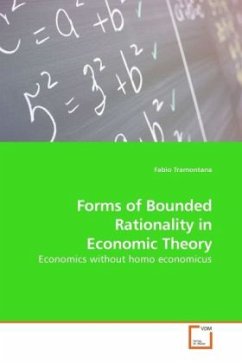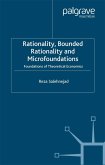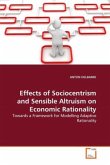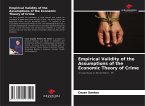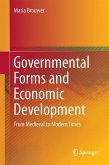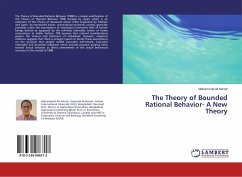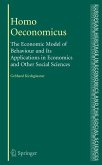According to the New Palgrave Dictionary of Economics the term Bounded Rationality can be defined as "...rational choice that takes into account the cognitive limitations of the decision-maker - limitations of both knowledge and computational capacity". This definition is given by the Nobel laureate Herbert Simon. This book deals with the possible consequences in economic theory of the Bounded Rationality hypothesis. In part I the idea of Bounded Rationality is applied to the consumption theory while in part II oligopoly markets with boundedly rational firms are analyzed. At last, in part III, financial markets with boundedly rational heterogeneous speculators (chartists and fundamentalists) are considered. These models enlight how it is impossible to use the "as If" argument to justify the assumption of perfect rationality of the agents that is still largely used among economists.
Bitte wählen Sie Ihr Anliegen aus.
Rechnungen
Retourenschein anfordern
Bestellstatus
Storno

